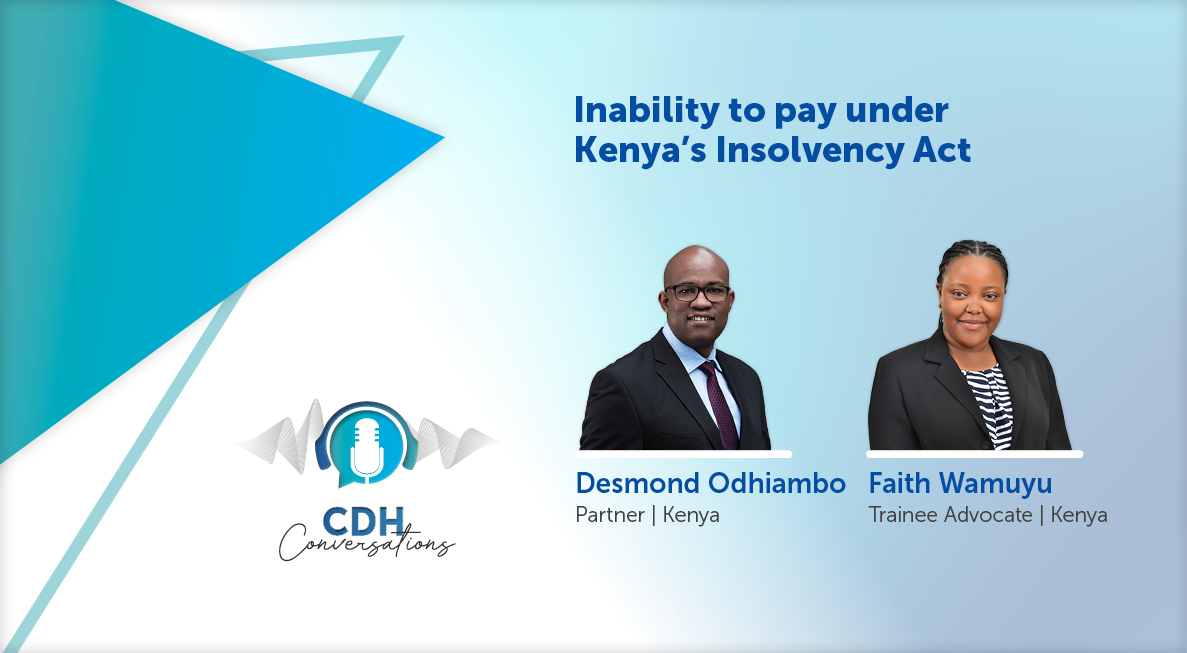Cycling on thin ice
A cartel, as defined in The South African Cartel Handbook, is an “an unlawful arrangement, agreement or understanding, in terms of which competitors agree to:
- fix prices (whether directly or indirectly);
- restrict supply by limiting sales or production;
- divide markets by allocating customers, suppliers ,territories or specific types of goods or services; and/or
- engage in collusive tendering.”
Section 4(1)(b)(i) of the Act prohibits “an agreement between, or concerted practice by, firms or a decision by an association of firms…if it has the effect of substantially preventing or lessening competition in a market, unless a party to the agreement, concerted practice, or decision can prove that any technological, efficiency or other pro-competitive gain resulting from it outweighs that effect”.
The Omnico case or “bicycle case” brought before the CAC in 2016 concerned a number of wholesalers and suppliers of bicycles and bicycle accessories which were alleged to have discussed and agreed upon unanimous mark ups on their retail prices, effective 1 October 2008, pursuant to a series of correspondence exchanged and meetings held during September 2008.
After investigating the matter, the Competition Commission (Commission) presented evidence to the Competition Tribunal showing an exchange of communication between the competing wholesalers regarding consensus for the proposed price increases. The Commission concluded that, on the basis of the meetings leading up to the eventual price increase on 1 October 2008, the firms that were at least present at the meeting, or who knew about the agenda, had engaged in cartel conduct.
One of the implicated firms argued that, despite having been approached to increase its own prices along with the other wholesalers, it did not agree to the unanimous increase, nor did it participate in the meetings, and was therefore not part of the cartel. The CAC dismissed this defence, stating that “silence within a specialised context can never equal non-participation… the cumulative effect of conduct whether active or passive when assessed within a particular context is equally compelling”.
The CAC has adopted the European position in this regard, imposing “a duty to speak or to report to authorities or publicly distance oneself from any uncompetitive behaviour”. It is therefore sufficient to show that the undertakings concerned participated in meetings at which anti-competitive agreements were concluded, without manifestly opposing them, to prove the requisite standard that the undertaking participated in the cartel.
In a case of cartel conduct, the Commission has to prove that “the conduct in question would have the effect of undermining competition”, and thus it is sufficient to prove that an agreement to create a cartel is a contravention of s4(1)(b) of the Act. The onus then lies with the firms concerned to disprove the alleged cartel conduct. Silence or being passive will not be regarded as a sustainable defence.
Accordingly, the CAC found that the appellants, Ominco and Coolheat, had engaged in conduct directly and indirectly in contravention of s4(1)(b)(i) of the Act. Penalties of R1,925,366 and R4,250,612 were imposed upon Omnico and Coolheat respectively, after a consideration of the aggravating and mitigating factors.
The information and material published on this website is provided for general purposes only and does not constitute legal advice. We make every effort to ensure that the content is updated regularly and to offer the most current and accurate information. Please consult one of our lawyers on any specific legal problem or matter. We accept no responsibility for any loss or damage, whether direct or consequential, which may arise from reliance on the information contained in these pages. Please refer to our full terms and conditions. Copyright © 2026 Cliffe Dekker Hofmeyr. All rights reserved. For permission to reproduce an article or publication, please contact us cliffedekkerhofmeyr@cdhlegal.com.
Subscribe
We support our clients’ strategic and operational needs by offering innovative, integrated and high quality thought leadership. To stay up to date on the latest legal developments that may potentially impact your business, subscribe to our alerts, seminar and webinar invitations.
Subscribe



